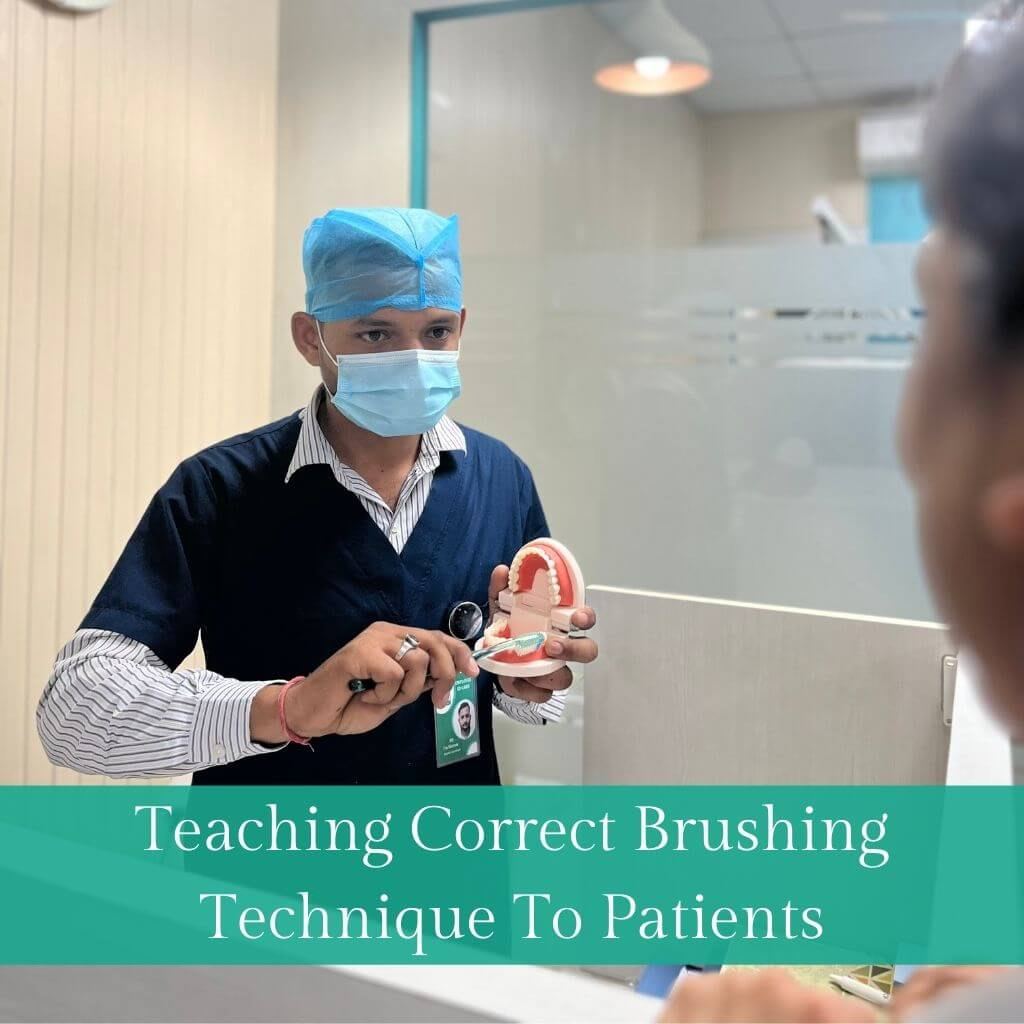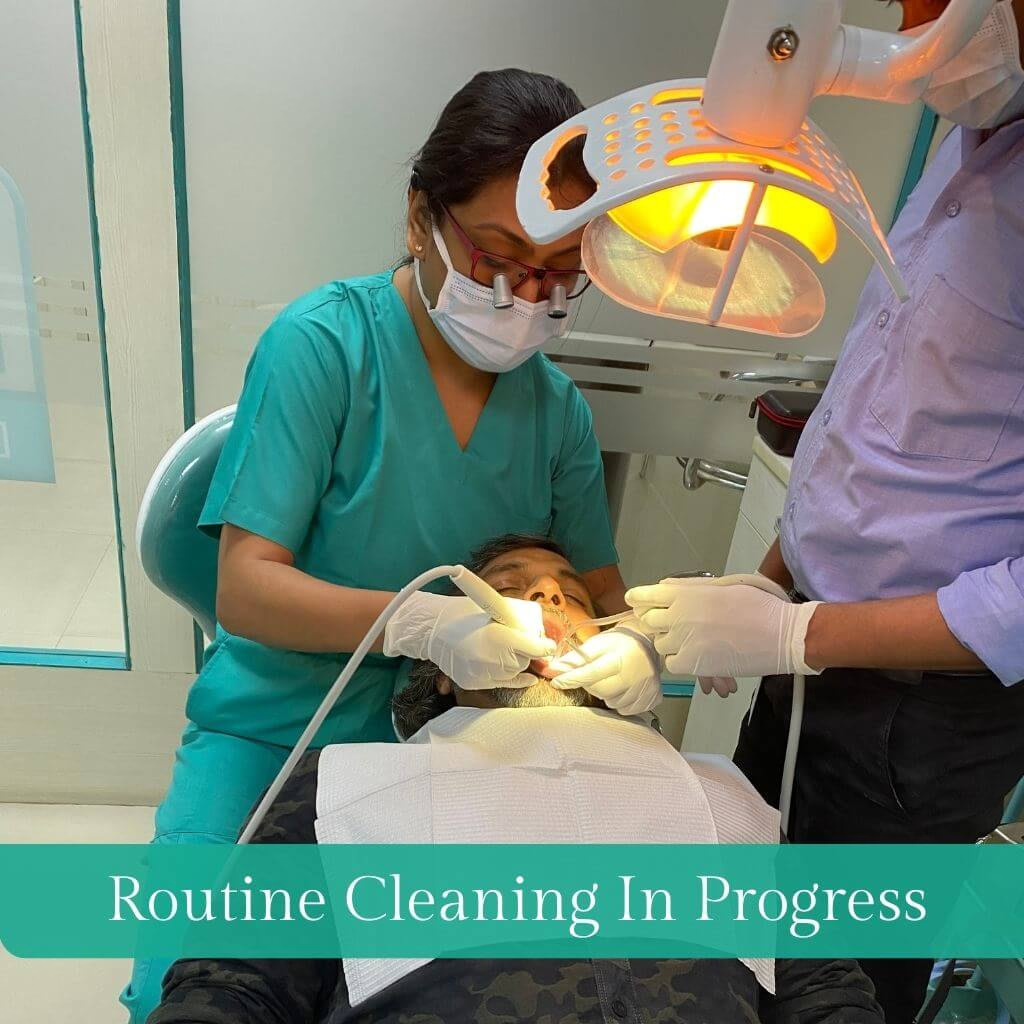5 Foods That Help In Keeping Your Teeth Decay Free And 5 Foods To Avoid!
Preserving excellent oral hygiene is essential to ensure both a radiant smile and your overall health and wellness. One of the key aspects of oral health is preventing tooth decay, which can lead to cavities, gum disease, dental abscesses and a host of other dental problems. While regular dental care, such as brushing, flossing, and dental check-ups, is essential, your diet plays a significant role in your oral health.
In this article, we'll explore five foods that can help keep your teeth decay-free and five foods to avoid to protect your pearly whites.
Key Takeaways
- Drinking water and rinsing after meals helps dilute sugary drinks, stimulates saliva production, and effectively removes food particles, thereby decreasing the potential for tooth decay.
- The inclusion of dairy products like milk and cheese in your diet supplies essential calcium, contributing to tooth strength and stimulating saliva production.
- Crunchy foods such as apples, carrots, oranges, and berries are not only delightful to eat but are also rich in water content. This quality aids in promoting the production of saliva and effectively cleansing the mouth by removing food particles, subsequently lowering the likelihood of tooth decay.
- Chewing sugar-free gum with xylitol can enhance saliva production, remove food particles, neutralize bacteria, and strengthen enamel, all of which contribute to preventing tooth decay.
Foods that help prevent tooth decay
You may be surprised to learn that certain foods actually help prevent tooth decay. Let's take a closer look at each one and how they can help keep your teeth healthy.
Water - Nature's Best Friend
Drinking ample water is a key factor in safeguarding your teeth against decay. It serves as a natural cleanser, rinsing away food particles and countering acidic foods that contribute to tooth decay. Most tap water contains fluoride, which is a mineral that helps to strengthen enamel. Moreover, water combats dry mouth, reducing the likelihood of tooth decay. Among its many benefits, water dilutes sugary drinks, stimulates saliva production to combat oral bacteria, washes away food particles to prevent plaque buildup, and keeps teeth and gums hydrated, thereby thwarting decay.
Dairy products - A Calcium and Phosphate Rich Choice
Dairy products like milk, cheese, and yoghurt provide calcium and phosphates, which are essential for maintaining healthy teeth. Calcium is an essential component of tooth enamel, protecting the outer layer of teeth. It helps to repair and strengthen tooth enamel, reducing the risk of decay. Phosphates also aid in remineralizing teeth and combating acid erosion. Incorporating these dairy options into your diet can contribute to healthier, more resilient teeth.
Crunchy fruits and vegetables - Nature's Toothbrush
Fruits and vegetables, like pears, apples, carrots, cucumbers, and celery, not only offer nutritional benefits but also support and enhance oral health. Their natural crispness and high fibre content act as nature's toothbrush, helping to scrub away plaque and food debris from your teeth.
Chewing these foods stimulates saliva production, which neutralizes acids and protects against tooth decay. Include more of these crunchy choices in your diet for a cleaner, healthier smile.
Green and black tea - The Anti-Bacterial Brew
Tea, especially green and black tea, contains polyphenols, compounds renowned for their ability to potentially inhibit the proliferation of oral bacteria. These polyphenols assist in controlling the bacterial populations that cause tooth decay and gum disease. Drinking tea without added sugars is a great way to benefit from these natural compounds and protect your oral health. The fluoride in tea can also contribute to tooth strength and help prevent cavities.
Sugar-free gum with xylitol - Saliva Booster
Chewing sugar-free gum that contains xylitol is an enjoyable habit that can promote oral health. Xylitol is a natural sweetener that helps increase saliva production. Saliva is vital for oral health as it neutralizes acids and removes food particles and bacteria. Regular gum chewing with xylitol can help prevent tooth decay and improve breath freshness. Just be sure to choose gum without added sugars to maximize the benefits.
Foods to avoid to prevent tooth decay
To protect your teeth from decay, it's important to avoid certain foods. Be mindful of these foods and limit your intake for optimal oral health.
Sugary snacks and candies - A Feast for Bacteria
Sugary snacks and candies like cookies, chocolates, and soft drinks are a haven for harmful bacteria in your mouth. These treats provide a steady supply of sugars for bacteria to feed on, leading to increased acid production. This acid attacks tooth enamel, leading to decay and cavities. It's best to limit your consumption of these sugary delights and practice good oral hygiene afterwards.
Sticky and gummy foods - Tooth Adherents
Foods like caramel, dried fruits, and gummy candies may taste delicious, but they can adhere to the surfaces of your teeth. These sticky substances are challenging to remove by saliva and even brushing. Over time, they provide a constant source of sugar for bacteria, promoting tooth decay. If you indulge in these foods, be sure to brush and floss diligently afterwards.
Acidic foods and beverages - Tooth Erosion Culprits
Over time, acidic foods and drinks, like citrus fruits, vinegar-based foods, and carbonated soft drinks, can slowly wear away tooth enamel. The acid in these items weakens tooth enamel, making teeth more vulnerable to decay. When consuming acidic foods, it's advisable to rinse your mouth with water and wait approximately 30 minutes before brushing your teeth to prevent harming the softened enamel.
Starchy foods - Unexpected Culprits
Starchy foods like potato chips, white bread, and pasta can stick to the crevices of your teeth, and they break down into sugars. These sugars provide a food source for bacteria that produce acids, which can lead to tooth decay. If you consume starchy foods, it's essential to rinse your mouth and then diligently brush your teeth to ensure the removal of any remaining particles.
Excessive alcohol - Dry Mouth Dilemma
Overindulgence in alcohol and smoking can lead to a dry mouth, which is a condition characterized by reduced saliva production due to the impairment of salivary glands. Saliva is crucial for neutralizing acids, removing food debris, and preserving oral health. A dry mouth elevates the likelihood of tooth decay. To minimize this risk, restrict alcohol intake and ensure proper hydration by drinking an adequate amount of water.
FAQ’s
Conclusion
Maintaining healthy teeth and preventing tooth decay is not only about diligent dental care but also about making wise dietary choices. The foods you consume can either support your oral health or increase the risk of decay. By steering clear of sugary snacks and beverages and opting for crisp fruits and vegetables, you can decrease your susceptibility to tooth decay by as much as 40%. To understand more about the traits of the food on your plate, you can consult the specialists at Hope Dental & Esthetic Clinic, Noida, and ensure your food habits help keep your body and smile healthy and happy.
So, start snacking smarter, and your teeth will thank you for it!




